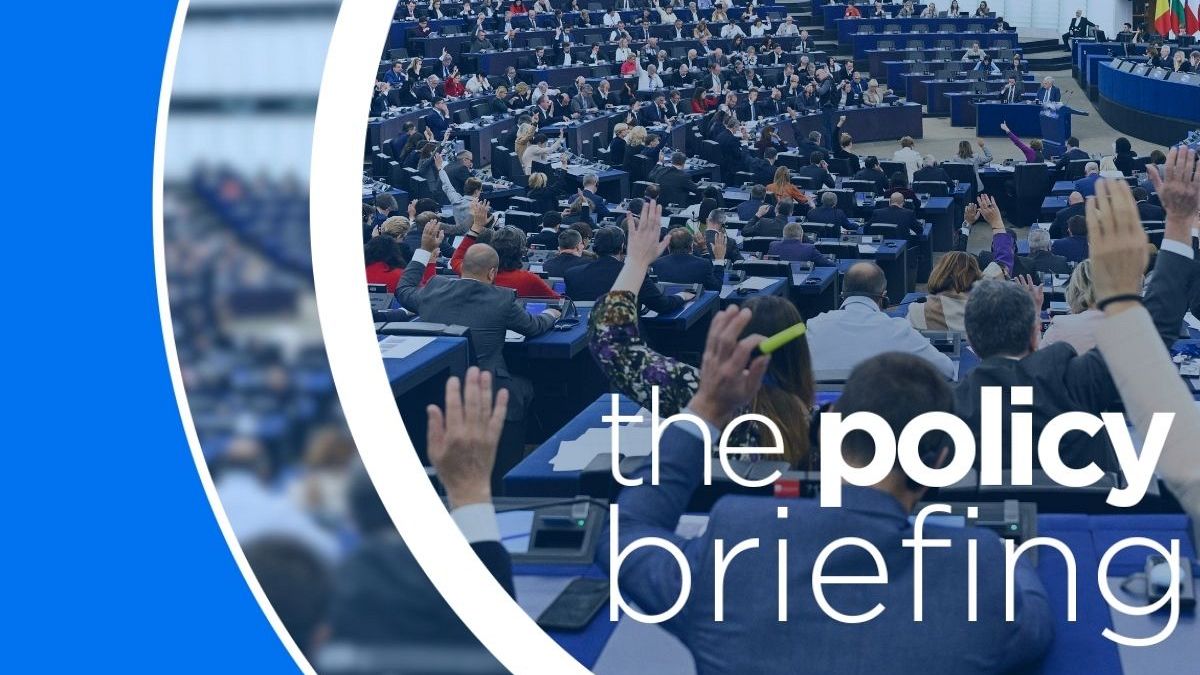The European Parliament is set to hold hearings for commissioners-designate from Monday 4th to Friday 8th of November. These hearings will need to be explosive to compete with the US election for attention. However, expectations for political fireworks seem low, as candidates expected to face challenges are likely to survive the grilling process based on political calculations. The MEPs will need to approve the designees by at least half in the relevant committees, and if rejected, the process starts over. Some candidates, such as Italy’s Raffaele Fitto and Hungary’s Olivér Várhelyi, are expected to face particular pressure during the hearings. If the political consensus is ruptured, it could have a ripple effect on the EU leadership.
The outcome of the US election is also a topic of interest in Europe, and Euronews spoke to MEPs advocating for either Donald Trump or Kamala Harris. Leftist political groups in the European Parliament clearly endorse Kamala Harris, while there are also supporters of Donald Trump. António Tânger Corrêa, a Patriots MEP from Portugal, supports Trump, while Daniel Freund, a Greens/EFA MEP from Germany, advocates for Harris. The impact of the US election on Europe and global politics is being closely monitored by policymakers in the EU.
The hearings for commissioners-designate are the first conducted under new parliamentary rules adopted in April, aimed at reinforcing the chamber’s scrutiny of the executive. MEPs will have a stronger position to hold the commissioners accountable in the future, and the introduction of special scrutiny hearings will enable questioning of political actions on major issues. The candidates will face tough questioning from MEPs on specific policy directions and pledges, which could lead to significant concessions and undertakings being offered during the hearings.
The European Political Community summit in Budapest on Thursday 7th November, followed by an informal summit of EU leaders on Friday 8th November in Budapest, will provide a platform for discussions on key political issues. The relationship between the EU and Hungary, particularly regarding nominations of Hungarian candidates, will be closely watched during these summits. Concerns among lawmakers include the rejection of Hungary’s Olivér Várhelyi, which could have implications for future relations between Hungary and the EU.
Overall, the focus in the EU this week will be on the hearings of commissioners-designate, the US election, and the key political summits in Budapest. The outcome of these events will have implications for the future leadership and policies in the European Union. The discussions and decisions made during these events will shape the political landscape in Europe and beyond. It is essential for policymakers and citizens to stay informed and engaged with these key events to understand the direction of the EU and its relations with other global players.










